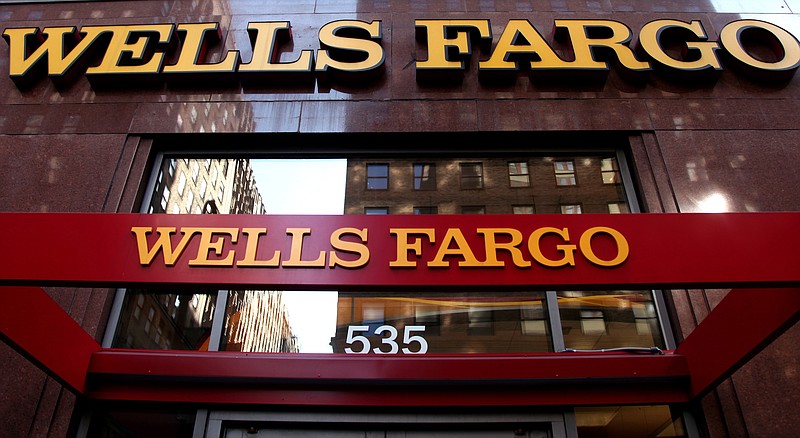On the annual proxy statement at Wells Fargo & Co. are words assuring shareholders and investors that the bank has "strong recoupment and clawback policies" and would revoke bonus pay if it is found the conduct of an executive resulted in representational harm to the bank, or that the executive was not able to "identify or manage" risks in his or her division.
Proxy statement, meet Carrie Tolstedt, the bank executive in charge of the company unit where employees over five years opened more than 2 million mostly unauthorized customer accounts - and for which the bank last week agreed to pay $185 million to settle claims that it defrauded its customers.
However, it was announced in July the Wells Fargo executive herself would be leaving at the end of the year - a spokesperson for the company called it a "personal decision" - with a payout of $124.6 million in stock, options and company shares, and praise from her superiors.
Tolstedt, said Chief Executive Officer John Stumpf, has been one of the bank's most important leaders, "a standard-bearer of our culture" and "a champion for our customers."
The 2 million customers and 5,300 employees who were fired - some of whom said they were under pressure to meet unrealistic sales goals or lose their jobs - may have a different opinion.
The golden parachute given to Tolstedt, despite what occurred in her unit of the bank, is just the type of corporate behavior that has the electorate looking for a presidential candidate who promises anything but business as usual.
Voters are tired of being taken advantage of in the business world and seeing the corporate felon escape with a sack of goodies that would float a small country.
Just this year, Virginia-based coal company Alpha Natural Resources filed for bankruptcy in federal court but planned to pay executive bonuses of $11.9 million. Radio Shack ought to do the same thing in 2015, filing for bankruptcy but asking the court to allow it to allot $3 million for retention bonuses for eight executives and 30 other employees. And Sempra Energy CEO Debra Reed was revealed this year to have received a $3.17 million bonus in 2015 despite one of the company's subsidiaries having the biggest natural gas leak in United States history.
Richard Cordray, the head of the Consumer Financial Protection Bureau that levied its largest penalty ever on Wells Fargo last week, did not think much of the bank's actions.
"It is quite clear," he said, "that [the actions of Tolstedt's unit] are unfair and abusive practices under federal law. They are a violation of trust and an abuse of trust."
Following the Great Recession, Wells Fargo and other big banks promised that their top bankers would not be able to keep large payouts if it was learned the pay was gained through damaging conduct.
And while, according to Fortune, "it is not clear how closely, or at all, Tolstedt was responsible for or even aware of the widespread abusive tactics at the bank," she ran the banking division during the entire period in which the customer abuse was alleged - back to 2011. And the banking division included the retail banking and credit card divisions, where the bulk of the unauthorized accounts were created.
Wells Fargo's own proxy statement seems to fit Tolstedt's situation, but the company has made no mention of asking for any of her takeaway back, and the company spokesperson declined to comment to Fortune on whether there was any consideration of such.
Dennis Kelleher, president of Better Markets, a group that lobbies for more regulation of big banks, said he believes the scenario fits.
"This appears to be exactly the situation that clawback provisions were created for," he said. "If they don't apply here, when will they apply?"
Had Tolstedt, who earned $1.7 million annually, been fired instead of conveniently being allowed to retire, Wells Fargo could have recouped at least $45 million of the total she'll leave with.
The Dodd-Frank Wall Street Reform and Consumer Protection Act, created within the two years in which President Obama had a veto-proof Senate and control of the House, was supposed to keep financial institutions honest and prevent the type of events that helped cause the 2008 financial crisis. And the Consumer Financial Protection Bureau the law created was the one that fined Wells Fargo.
But the Wells Fargo incident has done more than prepare a golden parachute for one executive. It has undone at least some of the trust big banks have regained since 2008. And that may be bad for all banks, because some politicians will want to tack on regulations to the ones created by Dodd-Frank. But it's certainly a blow to consumer trust and one more reason for voters to think business as usual on the presidential level is not the way to go.
